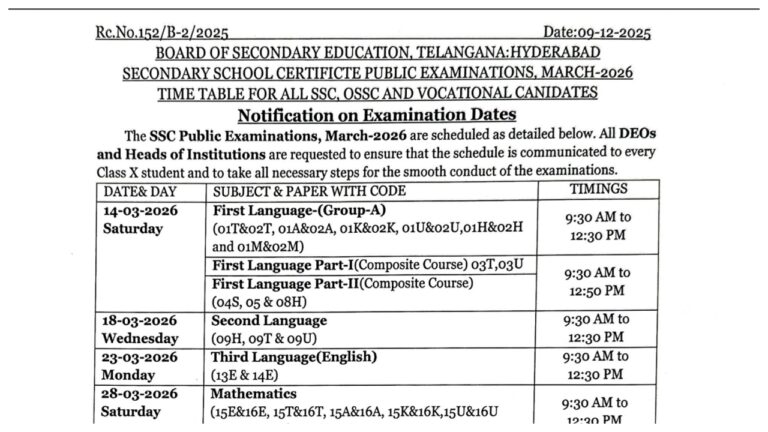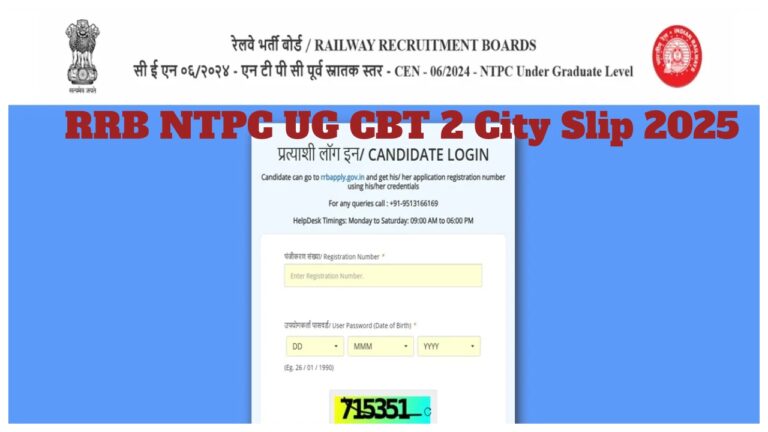Saving money on a tight budget can be tough, but it’s definitely achievable. When your income is limited, it’s important to take some fundamental steps to save effectively, and one of the key steps is to set clear goals. By cultivating good financial habits and exploring different savings options, you can reach your financial objectives more easily. Prioritizing your savings goals makes the process much simpler, and you can maintain this practice over time. Of course, implementing specific strategies and important practices is essential. Let’s dive into that today.
Create and follow a budget
At the start of each month, establish a budget and stick to it. This will help you manage your spending on essentials like groceries, personal care, and bills. Review your finances to identify which bills are due and ensure they are paid on time. After covering your necessary expenses, allocate a portion of your income for savings. Aim to gradually increase your savings to about 15% to 20% of your earnings.
Cultivate a saving habit
To consistently save a portion of your limited income each month, it’s crucial to develop a saving habit. Consider both your short-term and long-term financial goals to help you stay on track. This method allows you to set aside money before you have the chance to spend it. Over time, this will become a positive routine that contributes to your financial security. You can explore various savings plans offered by banks or financial institutions. Starting with as little as Rs 100 a month, you can participate in savings schemes like monthly SIPs in mutual funds or recurring deposits.
Protect Your Family with a Term Insurance Plan
Making sure your family is secure should be a top priority, and investing in an insurance plan is a great way to achieve that. Life can be unpredictable, and an unexpected event could lead to an untimely passing, potentially leaving your loved ones with significant financial burdens.
A term insurance plan can provide the necessary support to shield your family from financial difficulties during such challenging times. The premiums for term insurance are quite reasonable, making it accessible for those on a tight budget. Additionally, consider getting a health insurance policy to help cover costs in case of medical emergencies.
Lower Your Housing Expenses
If you’re looking to save money on housing while managing a low income, there are several strategies you can employ. If you live alone, consider finding a roommate to share the rent, which can significantly cut your monthly expenses. Alternatively, you might want to look for a smaller place or explore different neighborhoods where rent is more affordable.
Create a Food Budget
Establishing a food budget is essential for managing your finances effectively. Before heading to the grocery store, take the time to plan your meals and list your grocery needs. This will help you stick to your budget. Be sure to compare prices and shop at stores that offer the best deals, but remember to prioritize quality as well.
Eliminate Unnecessary Spending
To cultivate smart spending habits, it’s important to cut back on non-essential expenses. Instead of purchasing new items, consider renting, borrowing, or buying second-hand. There are numerous apps and websites that provide affordable options for quality products. Additionally, review and cancel any memberships or subscriptions you no longer use, such as gym memberships or streaming services.










